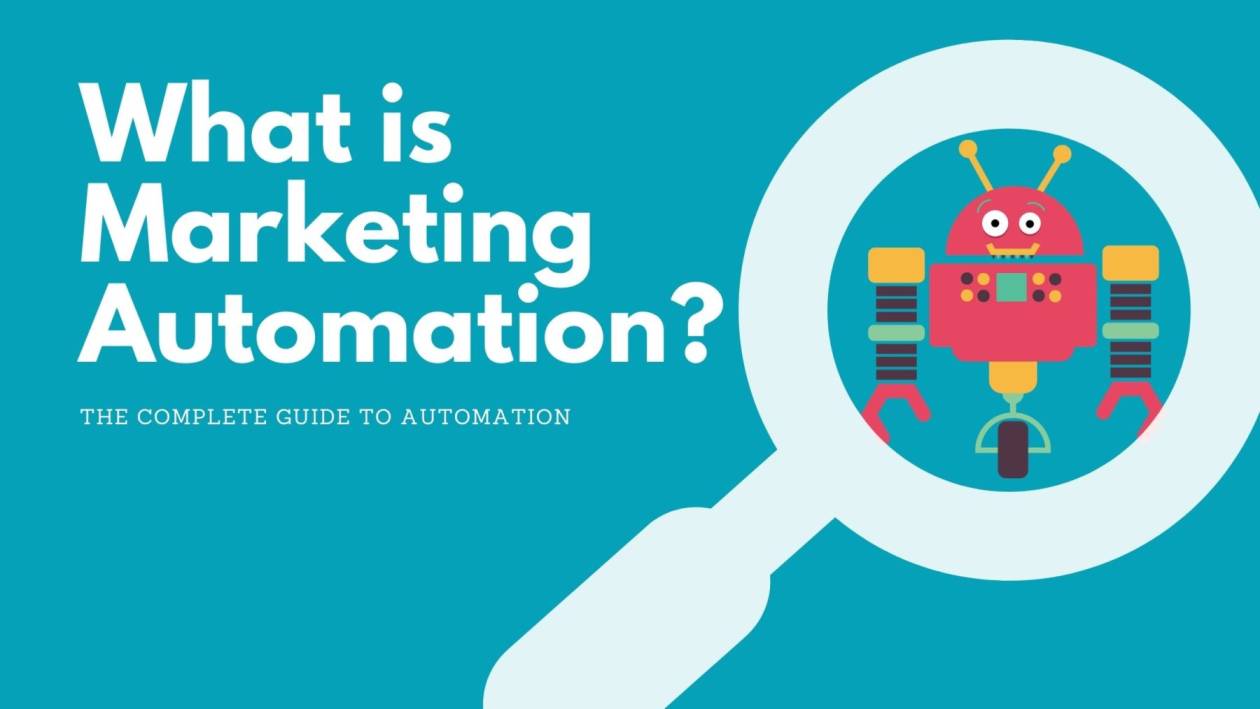
Marketing automation has transformed the way businesses communicate with their customers, and when integrated with WhatsApp
In the fast-paced digital world, businesses are constantly looking for innovative ways to engage with their customers. One of the most powerful tools at their disposal is marketing automation, which has revolutionized the way businesses communicate with their audiences. Among the various channels available, WhatsApp has emerged as a highly effective platform for personalized communication. By leveraging marketing automation, businesses can deliver tailored messages, foster deeper customer relationships, and ultimately drive better results.
WhatsApp is one of the most widely used messaging apps globally, with over 2 billion users. Its popularity is driven by its ease of use, instant communication, and ability to connect people across the world. For businesses, WhatsApp offers a direct line of communication with customers, allowing them to engage in real-time conversations, provide customer support, and share updates.
The personal nature of WhatsApp makes it an ideal platform for businesses to send customized messages that resonate with individual customers. However, managing one-on-one communication with a large customer base can be challenging. This is where marketing automation comes into play.
Marketing automation refers to the use of software and technology to streamline, automate, and measure marketing tasks and workflows. It enables businesses to deliver personalized content to their audience based on predefined triggers, such as user behavior, preferences, and interactions. By automating repetitive tasks, businesses can focus on strategic initiatives while ensuring consistent and timely communication with their customers.
Marketing automation, when integrated with WhatsApp, can significantly enhance the effectiveness of personalized communication. Here’s how:
The foundation of personalized communication is understanding your audience. Marketing automation tools allow businesses to segment their audience based on various criteria, such as demographics, purchase history, engagement level, and more. Once segmented, businesses can create tailored WhatsApp campaigns for each group, ensuring that the content resonates with the recipients.
For example, a fashion retailer can segment its audience into different categories, such as frequent buyers, new customers, and those who haven’t made a purchase in a while. Each segment can receive customized WhatsApp messages with relevant offers, product recommendations, and updates.
Marketing automation enables businesses to set up automated WhatsApp messages based on specific triggers. These triggers could include actions such as signing up for a newsletter, abandoning a shopping cart, or making a purchase. Automated messages ensure that customers receive timely and relevant information without any manual intervention.
For instance, if a customer adds items to their shopping cart but doesn’t complete the purchase, an automated WhatsApp message can be sent to remind them to complete their purchase. This message can include a personalized discount code to incentivize the purchase.
Marketing automation can also drive customer engagement by creating interactive WhatsApp campaigns. Businesses can use WhatsApp to send out surveys, polls, or quizzes that encourage customers to interact with the brand. These interactions provide valuable insights into customer preferences and behaviors, which can be used to further personalize communication.
One of the key advantages of using WhatsApp for communication is the ability to provide real-time customer support. Marketing automation can streamline this process by routing customer inquiries to the appropriate support team, sending automated responses for common questions, and following up with customers after their issues are resolved.
For example, if a customer reaches out with a question about a recent purchase, an automated WhatsApp message can acknowledge the inquiry and provide an estimated response time. This ensures that the customer feels valued and keeps them informed throughout the process.
Marketing automation tools also offer analytics and reporting features that allow businesses to measure the effectiveness of their WhatsApp campaigns. By tracking metrics such as open rates, click-through rates, and conversion rates, businesses can gain insights into what works and what doesn’t. This data can then be used to optimize future campaigns and improve overall communication strategies.
Marketing automation has transformed the way businesses communicate with their customers, and when integrated with WhatsApp, it offers a powerful solution for personalized communication. By segmenting audiences, automating messages, delivering personalized content, enhancing engagement, and providing real-time support, businesses can create meaningful connections with their customers. As WhatsApp continues to grow in popularity, leveraging marketing automation for personalized communication will be key to staying ahead in the competitive landscape.
